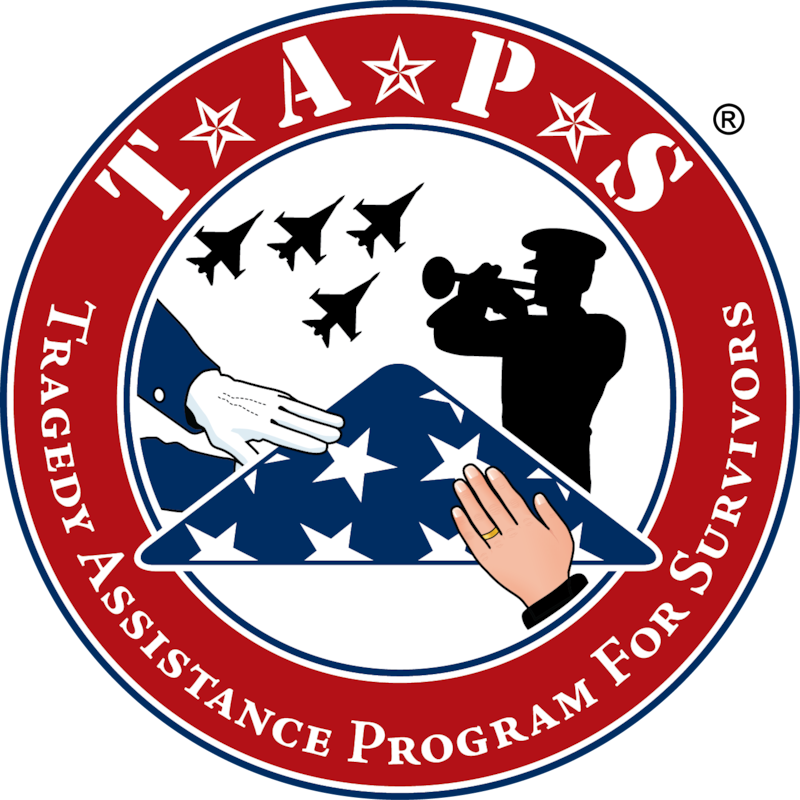When Air Force Chaplain, Captain Kelly Parker, sits with a service member who’s hurting, and words are hard to come by, the single word tattooed on her arm can fill the silence and get her message across: stay.
“It’s upside down, but that’s intentional. When I show my Airmen, they can read it,” Parker explains. “After my first few suicide interventions as a chaplain, I kept finding myself saying, ‘If you don’t have anyone you can think of who wants you to stay, know your chaplain wants you to stay.’” The tattoo is a permanent reminder to all her Airmen that their lives matter, even when words aren’t ready to flow.
The Numbers Tell the Story
And sometimes it’s hard to find the words and the courage to open up about thoughts of suicide, especially in a culture that emphasizes strength and resilience. In addition to suicide’s lingering stigma, service members may fear negative career impacts and judgment from peers, subordinates, or superiors if they seek help.
Despite these fears and the isolation that thoughts of suicide can bring, in 2023, the Centers for Disease Control and Prevention reported that 12.8 million adults seriously thought about suicide; 3.7 million made a plan; and 1.5 million made an attempt, making suicidal thoughts and actions far more common than many realize.
Second only to illness loss, suicide losses accounted for nearly one-third of all survivors from the military and veteran communities who were connected with the Tragedy Assistance Program for Survivors in 2024. Each of those suicide-loss survivors represents the widely cited average of 135 people impacted by a single suicide — family members, friends, battle buddies, and social acquaintances.
Each of those 135 individuals exposed to a suicide is now statistically four times more likely to have thoughts of suicide themselves; but, immediate, safe postvention care dramatically reduces this risk. “Postvention, the support following a suicide that promotes recovery and healing, must be a critical component of any suicide prevention strategy,” says TAPS’ Vice President of Suicide Prevention, Intervention, and Postvention Dr. Carla Stumpf Patton. It’s about tending to the unique grief of suicide loss and preventing further suicide losses, and it’s an important part of the job for Capt. Parker, her fellow chaplains, and TAPS.
Suicide Postvention Is Prevention
For many of the same reasons why it can be hard to open up about suicidal thoughts, military and veteran suicide-loss survivors may struggle navigating their grief and reaching out for help. TAPS understands that connecting with a peer — someone who has experienced similar grief and is now ready to support a fellow suicide-loss survivor — is critical to navigating this complex grief. The stigma falls away, and the survivor is understood — even if words aren’t ready to flow.
Through stabilization, grief, and growth, TAPS is dedicated to the mission of prevention through postvention. For anyone grieving the loss of someone in the military or veteran community: There is hope, and you have a place at TAPS. In the words of Capt. Parker, “The most valuable resource we have is each other.”
If you or someone you know is in crisis, call the Suicide and Crisis Lifeline at 988 (press 1 for the Veterans Crisis Line), or text 838255. TAPS offers 24/7 peer-based support for anyone grieving the loss of someone in the military and veteran community, including anyone impacted by a service member or veteran suicide: Call the TAPS 24/7 National Military Survivor Helpline at 800-959-TAPS (8277), or visit TAPS.org for more information.





